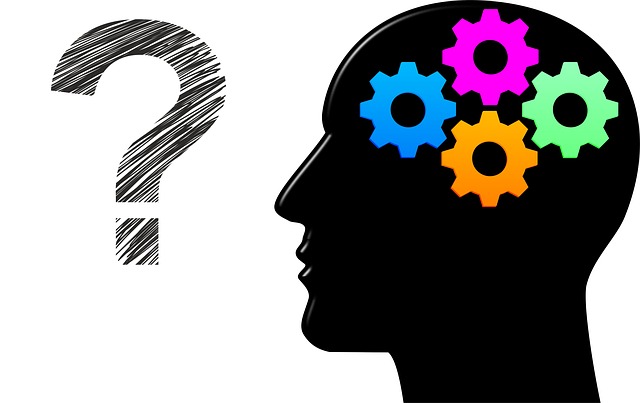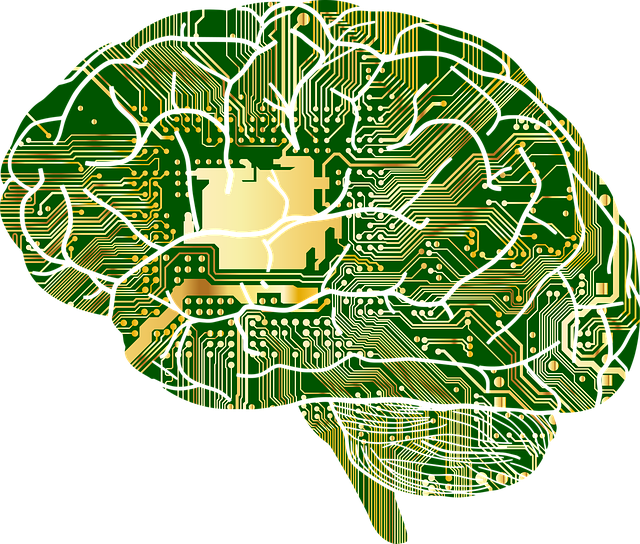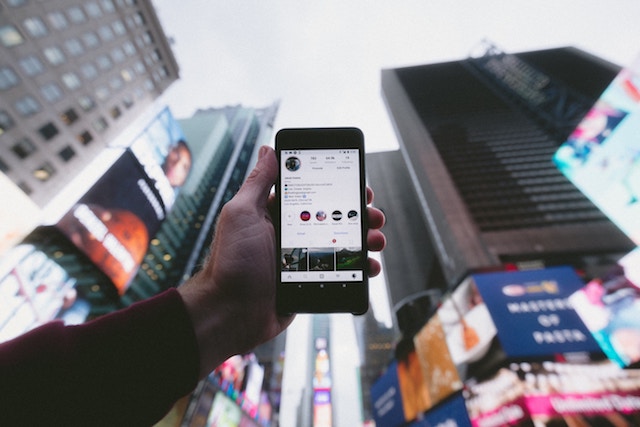While you might think you can easily remember everything thanks to the plethora of calendar and organizational apps available, turns out technology is actually worsening our memory.

A Quick Memory Check
Before you start to think this finding too terribly shocking– how many phone numbers of friends and family members can you recall, without looking them up? Or even more challenging- when are the birthdays of all your closest friends?

Unsuccessful? We thought so. You’re not alone- technology has changed the way our memories actually work, and how our brains decide to store information.
How Our Brains Work
To have a better understanding as to how technology is impairing our memories, it’s important to know how our brain stores information in the first place.

Our brains are working constantly, and every event that occurs in our life is compartmentalized into the three main types of memory: sensory, short-term (working), and long-term. Sensory memories are everything that we experience but don’t process; they last less than a second in our “memory storage.”
Short-term involves information that we can temporarily recall, typically from 10 seconds to a minute. Our brains can only retain a limited amount of information in short-term, so the information we give more attention to in this “working stage” can transfer to long-term memory. Otherwise, the information is essentially deleted from our consciousness.
Long-term memory is where- you guessed it- our memories are stored for life. The good news is that there is an unlimited space available in our long-term! Having more long-term memories has been proven to enhance our brain function and intelligence.

The Bad News…
The way we interact with technology today makes information much more difficult to be transferred to long-term memory. Every time you spend long nights scrolling through articles, newsfeeds, and images, your brain is being overloaded with information. Just imagine if you had all of your classes being taught at the same time- you would have no idea which information is most important to take notes on, or how to process it. Your brain is feeling the exact same thing, making it difficult to choose and process what’s important.

Social Media, Minus The “Social”
Forming memories has historically been considered a social process, with our memories being enhanced and more vivid thanks to the people we create them with. Although Social Media was created to help us stay connected, the numerous platforms have in turn made us less social. Rather than calling up a family member to remember a specific date, we check our phones. Instead of experiencing a new city fully while traveling with friends, we whip out Instagram to take photos and videos, producing a “photo-taking impairment effect.”

A Senior Moment, Or A Millennial Moment?
We all have heard of the senior moment, when typically an adult forgets something and attributes it to old age. However, a study by The Trending Machine found Millennials are actually more likely to forget common things like names and where they placed their keys and purse, than people over the age 55. Researchers attribute this lapse in memory to both interconnectivity and the high levels of stress common among the 18-34 year old crowd.

While your brain is not going to stop working entirely from using technology, it’s important to think about the long term. Finding ways to be more present in your daily life, and spending time with family and friends will help ensure you make and remember those important memories to last a life time.
Photos: Freepik, Pixabay, and Unsplash
